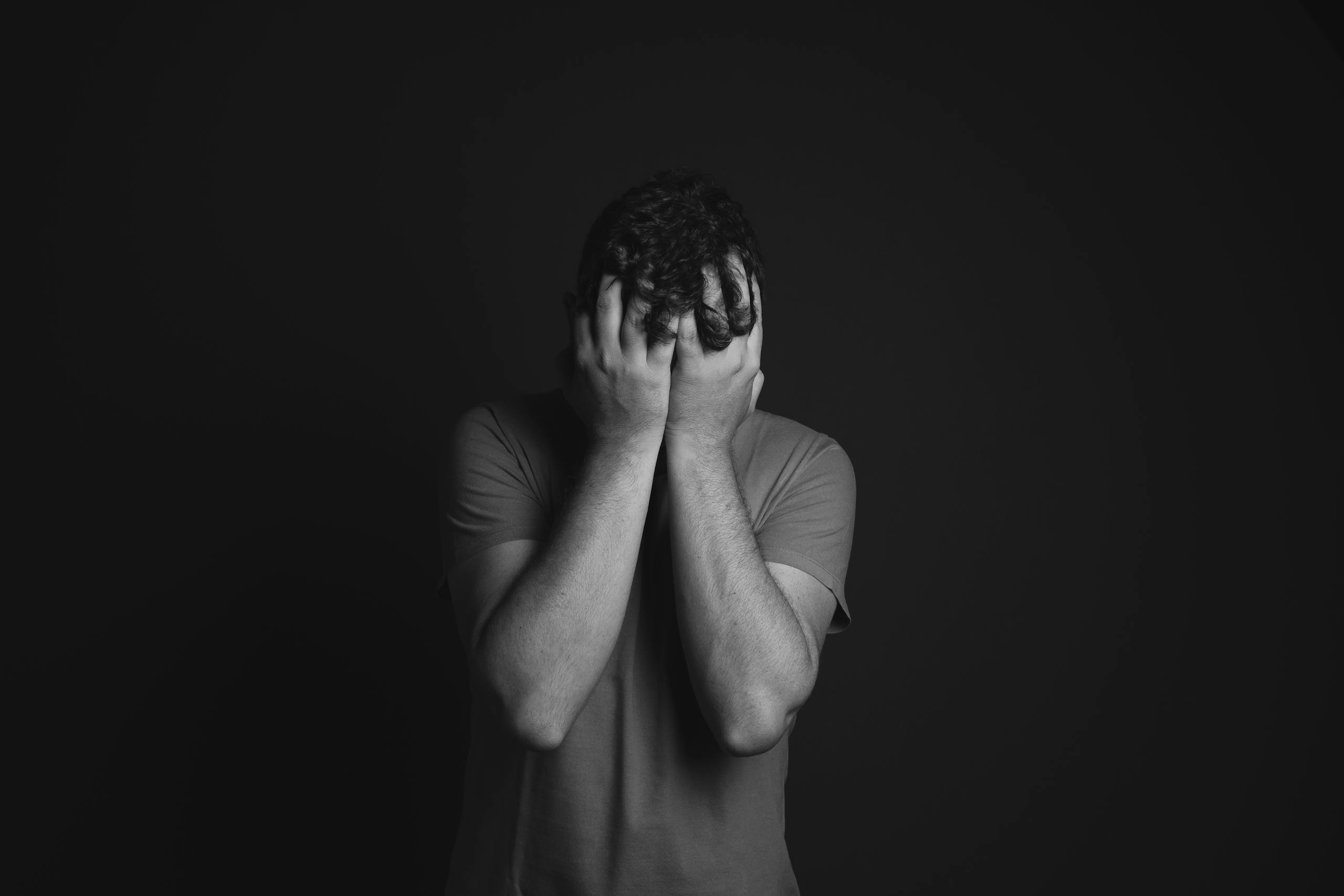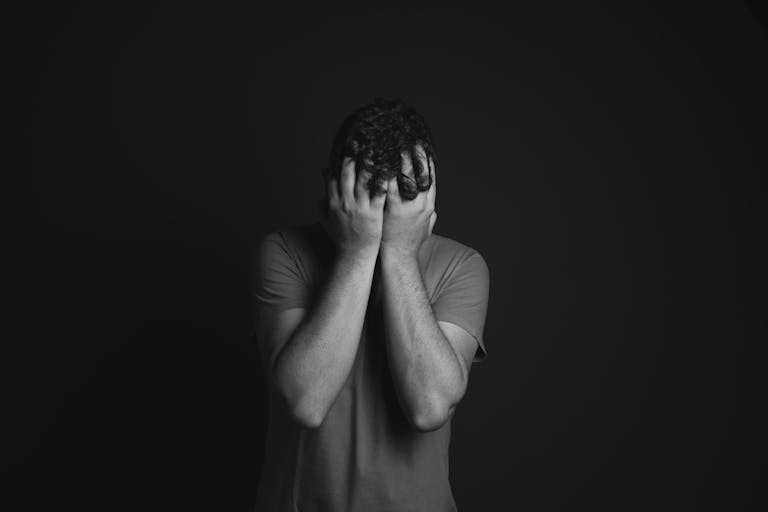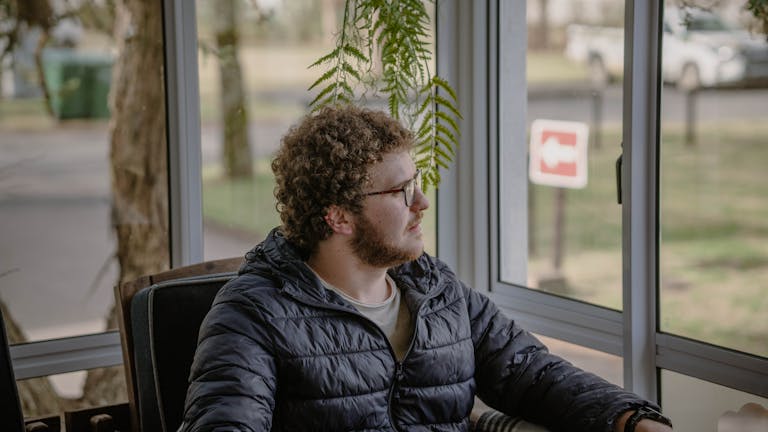House Arrest Mental Health: Overcoming Suicidal Thoughts and Wellness Strategies (2025)
Locked Down and Spiraling Out: The Hidden Mental Health Crisis of House Arrest
Imagine your home transforming into a prison overnight. The walls seem to close in, your mind races and the isolation feels suffocating. Welcome to the reality of house arrest – a punishment that’s anything but a “get out of jail free” card for your mental health. But fret not my legally troubled friend, as this little guide is your roadmap to not just surviving, but thriving during this challenging time.
The Numbers Don’t Lie: Shocking Stats on House Arrest and Mental Health
Before we dive into solutions, let’s set the stage with some eye-opening statistics:
- 🏠 Over 60% of individuals under house arrest report experiencing depression or anxiety
- 🧠 Suicide rates among those under home confinement are 3x higher than the general population
- 😴 75% of people on house arrest struggle with sleep disorders
- 💊 Substance abuse rates increase by 40% during periods of home confinement
- 🔄 50% of individuals report symptoms similar to those experienced in solitary confinement
The Mind Under Lock and Key: Understanding the Psychological Impact
| Mental Health Challenge | Common Symptoms | Coping Strategies |
| Depression | Hopelessness, loss of interest | Structured daily routines, therapy |
| Anxiety | Constant worry, panic attacks | Mindfulness techniques, exercise |
| Isolation-induced stress | Loneliness, irritability | Virtual social connections, new hobbies |
| Claustrophobia | Panic in confined spaces | Cognitive Behavioral Therapy, space optimization |
| Identity crisis | Loss of self-worth, confusion | Goal-setting, personal development projects |
Breaking Free While Staying Put: Top Strategies for Mental Wellness
- Create a ‘Freedom Within Confinement’ Mindset:
- Reframe your perspective: See this as an opportunity for personal growth
- Set daily intentions to focus on what you can control
- Practice gratitude for the small freedoms you do have
- Establish a Rock-Solid Routine:
- Structure your day with a mix of productive and enjoyable activities
- Include regular exercise, even if it’s just indoor yoga or bodyweight workouts
- Maintain consistent sleep and meal times to regulate your body’s rhythms
- Virtual Connections, Real Support:
- Schedule regular video calls with friends and family
- Join online support groups for individuals under house arrest
- Engage in virtual book clubs or game nights to maintain social interactions
- Mind-Body Harmony:
- Practice daily meditation or mindfulness exercises
- Try progressive muscle relaxation to reduce physical tension
- Explore breathing techniques to manage anxiety and stress
- Skill-Building and Personal Growth:
- Enroll in online courses to learn new skills or advance your education
- Start a creative project like writing a book or learning an instrument
- Set personal development goals and track your progress
“House arrest doesn’t have to arrest your personal growth. It’s an opportunity to rebuild yourself from the inside out.” – Dr. Maya Mindset, Forensic Psychologist
True or False: Busting House Arrest Mental Health Myths
- House arrest is easier on your mental health than jail. (False! It comes with its unique challenges.)
- You can’t develop new relationships during house arrest. (False! Virtual connections can be meaningful.)
- Mental health issues during house arrest always lead to reoffending. (False! With proper support, many thrive post-confinement.)
- Exercise is impossible during house arrest. (False! Many effective workouts can be done in limited space.)
- Therapy isn’t available for individuals under house arrest. (False! Teletherapy options are widely available.)
From Inmates to Inspirations: Real-Life Triumph Tales
The Meditation Maven: John’s Journey
John, 35, turned his living room into a zen den. “I started with just 5 minutes of meditation a day. By the end of my house arrest, I was teaching mindfulness classes online!”
Pro Tip: Start small with meditation. Even 2-minute sessions can make a difference.
The Fitness Phenom: Sarah’s Story
Sarah, 28, conquered depression through exercise. “I thought I needed a gym, but bodyweight exercises and YouTube videos transformed both my body and mind.”
Pro Tip: Create a dedicated workout space, even if it’s just a yoga mat’s worth of room.
The Connection Curator: Mike’s Mission
Mike, 42, battled isolation by becoming a virtual social butterfly. “I organized online game nights, joined international book clubs, and even attended a virtual wedding!”
Pro Tip: Be proactive in maintaining and creating social connections. Don’t wait for others to reach out.
When the Mind Rebels: Recognizing and Addressing Severe Mental Health Challenges
Watch for these red flags:
- Persistent feelings of hopelessness or despair
- Dramatic changes in sleep or appetite
- Increased irritability or mood swings
- Thoughts of self-harm or suicide
- Severe anxiety or panic attacks
- Inability to perform daily tasks
- Excessive guilt or feelings of worthlessness
- Withdrawal from all communication
- Sudden calmness after a period of depression (which can indicate a suicide decision)
Enhanced Action Plan:
- Reach out to a mental health professional immediately
- Contact your current therapist or counselor if you have one
- Use teletherapy services specializing in crisis intervention
- Inform your probation officer about your mental health concerns; they may have resources
- Activate your support network
- Call a trusted friend or family member
- Join online support groups for immediate peer support
- Use crisis hotlines or text services for 24/7 support
- Implement crisis management techniques
- Create a safety plan outlining coping strategies and emergency contacts
- Use grounding exercises (e.g., 5-4-3-2-1 sensory technique)
- Practice deep breathing or progressive muscle relaxation
- Consider medication options under professional guidance
- Consult with a psychiatrist about starting or adjusting medication
- Be honest about any substance use that might interact with medications
- Follow up regularly to monitor medication effectiveness
- Structure your environment for safety
- Remove or secure any items that could be used for self-harm
- Create a calming space in your home for relaxation
- Use apps or alarms to remind you to check in with yourself or others
- Engage in positive coping activities
- Start a journal to express your thoughts and feelings
- Create art or music as an emotional outlet
- Engage in mindfulness practices or guided meditations
- Maintain physical health
- Ensure you’re eating regular, nutritious meals
- Establish a consistent sleep schedule
- Incorporate exercise into your daily routine (more on this below)
- Set small, achievable goals
- Break your day into manageable tasks
- Celebrate small accomplishments to build self-esteem
- Use a planner or app to track your progress
- Educate yourself and your support system
- Learn about your specific mental health challenges
- Share resources with friends and family so they can better support you
- Attend virtual workshops or webinars on mental health management
- Plan for the future
- Work with a therapist to develop long-term coping strategies
- Create a vision board or list of goals for post-house arrest life
- Engage in activities that give you a sense of purpose and hope
When Hope Seems Lost: Addressing Suicidal Thoughts
Suicidal thoughts can be terrifying but remember: these thoughts are symptoms, not solutions. Here’s how to navigate this critical challenge:
- Recognize the Signs:
- Talking about wanting to die or kill oneself
- Researching suicide methods
- Saying goodbye to people as if they won’t be seen again
- Giving away prized possessions
- Immediate Action Steps:
- Call a suicide prevention hotline immediately (1-800-273-8255 in the US)
- Text HOME to 741741 to connect with a Crisis Counselor
- If you have a safety plan, activate it now
- Reach out to your emergency contact person
- Coping Strategies:
- Use the 5-minute rule: Commit to waiting just 5 minutes before acting on suicidal thoughts. Often, the intense urge will pass
- Practice thought challenging: Identify and question the thoughts driving suicidal feelings
- Use distraction techniques: Engage in an absorbing activity to shift focus from suicidal thoughts
- Building Hope:
- Create a hope box: Fill a physical or digital box with items that remind you of reasons to live (photos, inspirational quotes, plans)
- Write a letter to your future self, focusing on the possibilities that await you
- Engage with success stories of others who’ve overcome similar challenges
“Suicidal thoughts are not a character flaw or a sign of weakness. They’re a treatable symptom of underlying pain. Reaching out for help is the bravest thing you can do.” – Dr. Hope Giver, Suicide Prevention Specialist
Physical Wellness: Your Body’s Role in Mental Health
Physical activity is a powerful tool in combating mental health issues, even within the confines of house arrest. Here’s how to harness its benefits:
- Create a Home Workout Routine:
- Bodyweight exercises: Push-ups, squats, lunges, and planks require no equipment
- Yoga or Pilates: Follow online videos for guided sessions
- Improvised weights: Use water bottles or books for resistance training
- Incorporate Movement Throughout the Day:
- Set hourly reminders to stand up and stretch
- Do jumping jacks or march in place during TV commercials
- Use household chores as exercise opportunities (e.g., vigorous vacuuming, energetic tidying)
- Utilize Limited Space Effectively:
- Create a designated exercise area, even if it’s just a yoga mat’s worth of space
- Use stairs for cardio if available
- Try “invisible jump rope” for cardio in tight spaces
- Engage in Mindful Movement:
- Practice tai chi or qigong for gentle, meditative exercise
- Do body scan meditations to increase body awareness
- Try progressive muscle relaxation to release physical tension
- Set Physical Goals:
- Challenge yourself to master a new yoga pose
- Gradually increase the number of reps or duration of exercises
- Track your progress to maintain motivation
- Combine Mental and Physical Exercises:
- Practice walking meditation in your available space
- Do breathing exercises while holding stretches
- Use exercise time for positive affirmations or visualization
“The mind and body are not separate. What affects one, affects the other. Regular physical activity is like a natural antidepressant, boosting mood and resilience.” – Dr. Fit Mind, Sports Psychologist
Remember, any movement is better than no movement. Start small, be consistent, and listen to your body. The physical strength you build can translate into mental resilience, helping you navigate the challenges of house arrest with greater ease.
Your Mental Health Toolkit: Resources and Support
Don’t navigate this challenging journey alone. Here are some lifelines:
- [24/7 House Arrest Mental Health Hotline: Immediate support from professionals who understand your unique situation.
- Online Therapy Platforms: Connect with therapists specializing in confinement-related mental health issues.
- Mindfulness Apps: Guided meditations and relaxation techniques at your fingertips.
- [Home Confinement Wellness Kit]: Essential tools and resources to support your mental health during house arrest.
The Light at the End of the Tunnel: Embracing Growth and Renewal
House arrest is a challenging chapter in your life, but it doesn’t have to define your story. By implementing these strategies, seeking support when needed, and maintaining a growth mindset, you can emerge from this experience stronger and more resilient than ever.
Remember, your mind may feel confined, but your potential for growth and healing is limitless. This is your opportunity to rebuild, reflect, and prepare for a brighter future beyond the walls of your temporary confinement.







